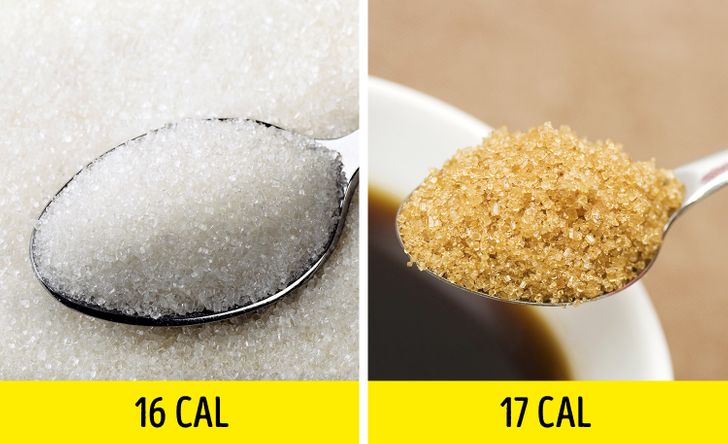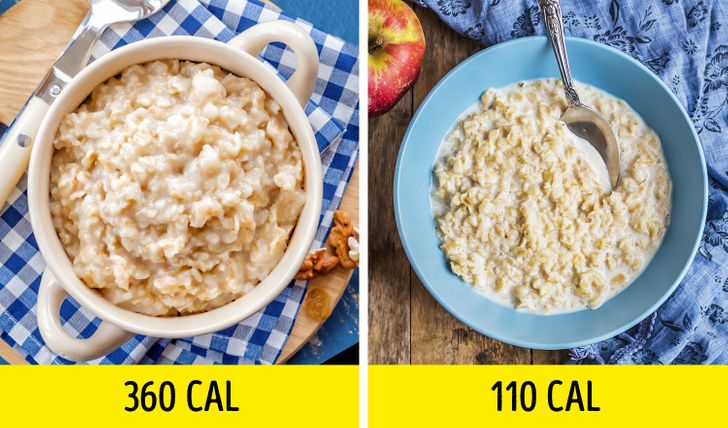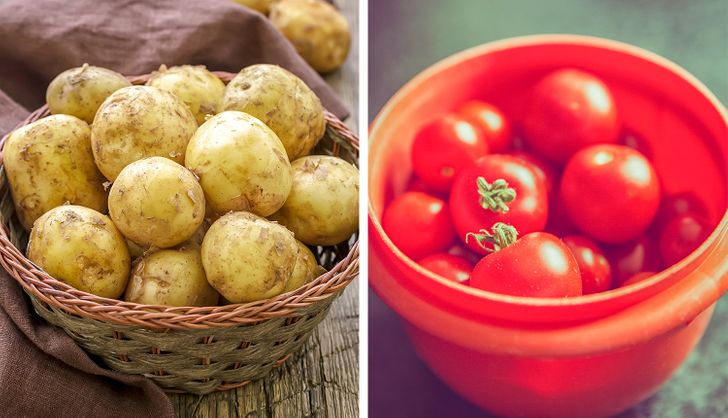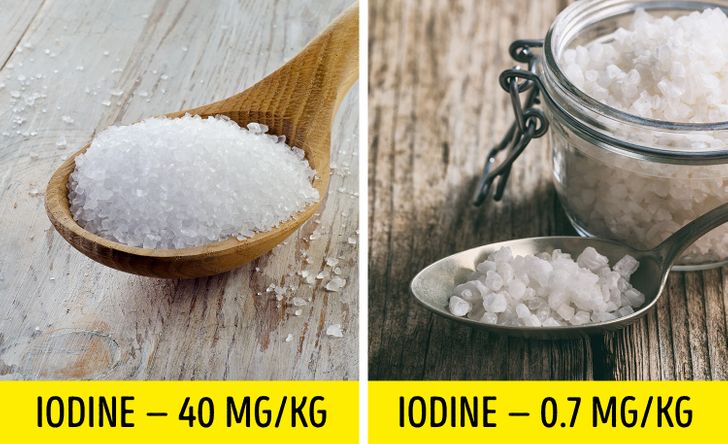The tendency to gain weight is evolutionarily determined because, for thousands of years, Homo sapiens had to survive in a time when food resources were limited. We had to hunt and store food. Those who were good at it were ahead of the rest. Modern life is different, but people are still programmed to gain weight.
A sedentary lifestyle and the consumption of energy-rich foods reinforce this trend. This is why so many people end up starving while believing the myths about healthy diets that we want to debunk in this article.
When a person’s body mass index (BMI) is normal, they are very likely to have a long life. That is why it is definitely worth trying to lose excess weight. However, you need to be careful when fighting stubborn pounds. We have found out which advice is best to avoid and why.
Diet Myths that Sabotage Weight Loss
Myth #1: Brown Sugar Is Better

1 teaspoon of brown sugar contains 17 calories. 1 teaspoon of white sugar contains 16 calories.
Many people trying to lead healthy lives believe that brown sugar contains calcium, potassium, iron, and manganese, all of which are beneficial to the body. However, its quantity is so small that it is really doubtful that it will get any of the health benefits.
These types of sugar hardly differ: the main distinctions are in the taste and the influence on the pastry dough.
Myth #2: Oatmeal Is The Best Breakfast Food

Oatmeal is only good for you if you make it yourself, and it’s definitely not good for you if you pour boiling water into the processed instant mix. Instant foods are high in carbohydrates, the amount of which will increase if you add fruits, honey, or nuts to the mix.
So if you really want to eat healthy foods for breakfast, it should take 10-15 minutes to cook the oatmeal yourself.
Myth #3: All Vegetables Are Good

Almost all diets and healthy diet rules state that vegetables are good for you and that you should eat as much as you can. But there are also pitfalls here. We rarely think about where the vegetables we buy and eat were grown. Many of them contain pesticides and nitrates.
Some vegetables can have a negative influence on your body’s blood sugar level. It depends on the individual characteristics of the body.
For some, they are potatoes, for others tomatoes. You have to be careful with vegetables, but there is no use denying all the beneficial effects of eating them.
Myth #4: Coffee Keeps You Energized All Day Long

Only the dose of coffee determines how energized you will be after drinking it. On average, it takes 15 to 45 minutes for caffeine to spread through the bloodstream and wake up the body.
The effect wears off for the next 5-6 hours. So if you have a cup of coffee at 8 AM, You will feel twice as tired at 2 PM.
Coffee causes a rapid rise in blood sugar that leads to the feeling of a burst of energy. As soon as your glucose level drops, your “battery” dies. This is why coffee will not make you feel strong and energetic all day.
However, this drink has many benefits for the body, so it can do more than just give your brain a boost.
Myth #5: Olive Oil Shouldn’t Be Used For Frying

One of the main reasons this myth is so popular is the burning point of the oil. Many people think that food will not have time to fry properly before the oil burns. It is a myth. The combustion temperature of the oil is 375 ° F. Most of the products we eat are cooked at even lower temperatures.
Also, olive oil is not as beneficial for our health as we say. It contains vitamin K, iron, potassium, calcium and sodium; their numbers are not large enough to have a great influence on your health.
Myth #6: Sea Salt Is Better Than Table Salt

We are sure you have heard that sea salt is better than table salt. In fact, it is not true. Both are made from salt deposits in the seas. Table salt is processed and cleaned of all contamination, while sea salt can contain various trace elements.
Do not forget that table salt is enriched with iodine (40 mg/kg), the lack of which can lead to serious health problems.
In addition to iodine (0.7 mg / kg) and other impurities, sea salt can contain heavy metals. However, the amount of beneficial and toxic components is very small, so they are very unlikely to influence your health.
Do you know any myths about a healthy diet? Share them with us in the comments.
Preview photo credit ADMEDIA / SIPA / EAST NEWS, melissamccarthy / instagram


